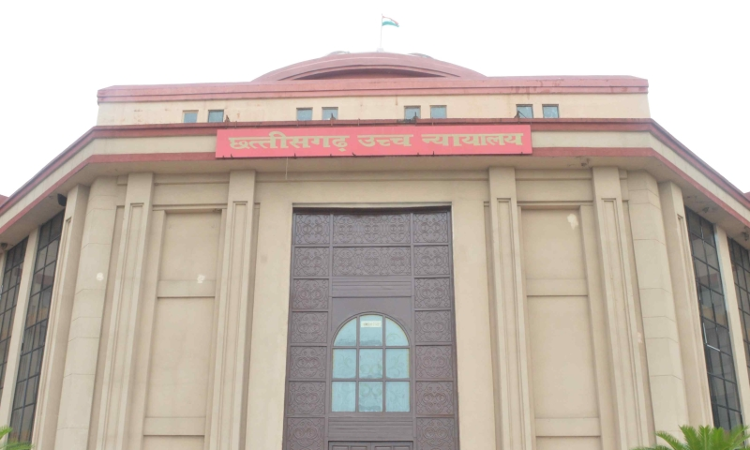Alienation Made In Excess Of Power To Transfer Would Be Invalid To That Extent: Chhattisgarh High Court
Shrutika Pandey
25 March 2022 7:57 PM IST

Next Story
25 March 2022 7:57 PM IST
The Chhattisgarh High Court has recently held that the alienation made in excess of power to transfer would be, to the extent of the excess of power, invalid. The Court noted that a document that is voidable has to be actually set aside before taking its legal effect. A Division Bench of Justice Goutam Bhandari and Sanjay S. Agarwal remarked that distinction can be made between cases where...
